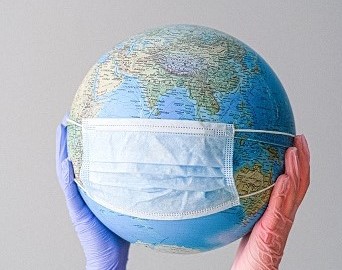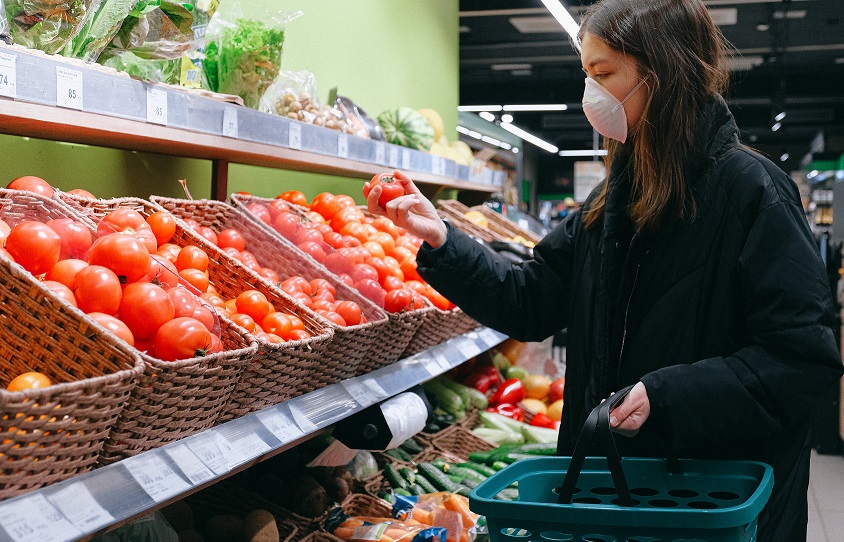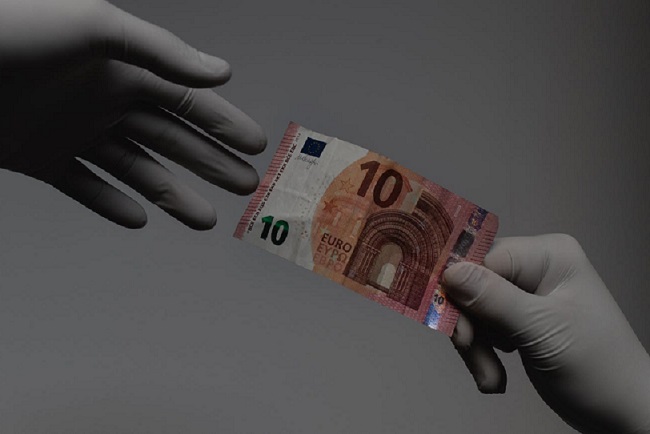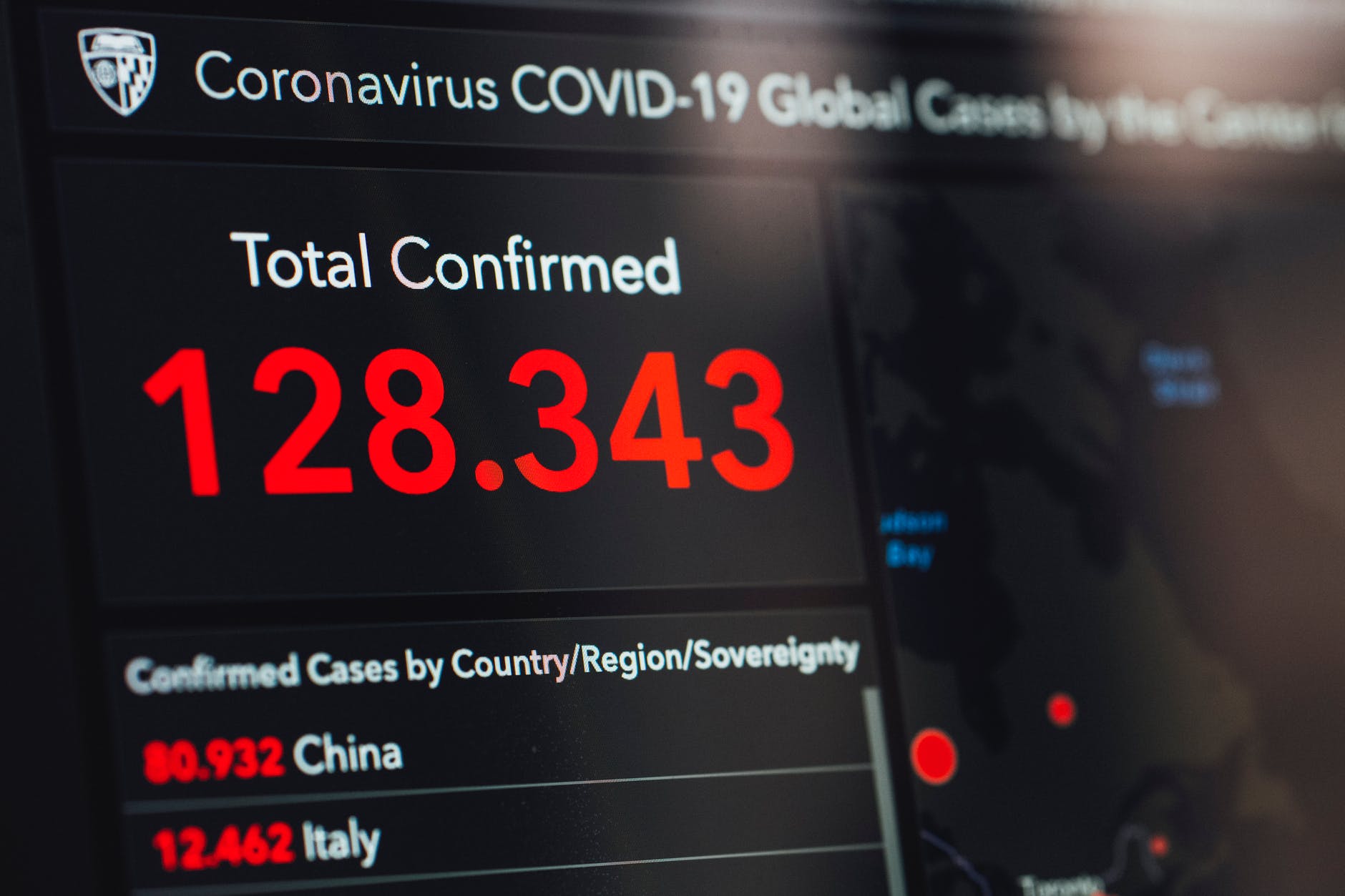There is an inherent danger of economic mismanagement in populism, and the ongoing Sri Lankan crisis proves the argument. Gotayba Rajapaksa’s presidency is marked by successive disastrous economic policy decisions ranging from tax cuts, freebies, and anti-modern policies such as the ban on chemical fertilizers, so on and so forth.









